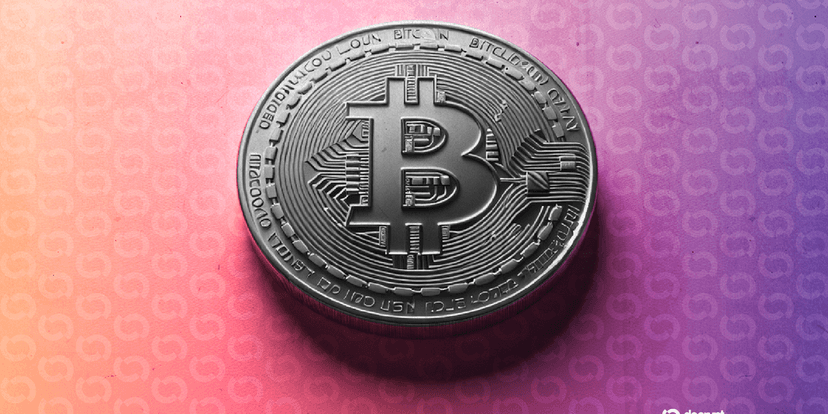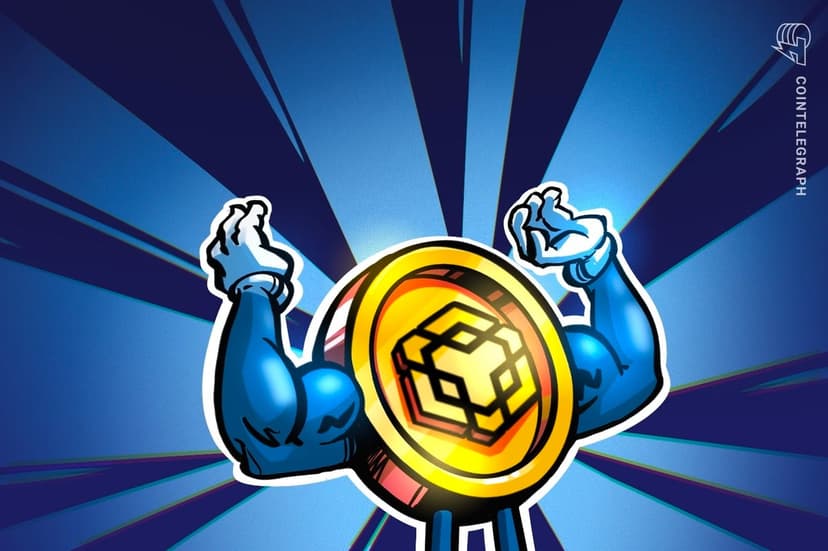About BNB (BNB) for Chinese Audiences
BNB (BNB), launched on July 8, 2017, is a cryptocurrency operating on the Binance Chain, tailored for swift transactions within the Binance ecosystem. While detailed consensus mechanisms are not disclosed, it is known that Binance Chain employs a delegated proof-of-stake (DPoS) model, ensuring...
As a utility token on the Binance platform, BNB (BNB) serves multiple purposes. Users can pay trading fees on the Binance exchange with BNB, enjoying discounts. It is also integral to decentralized finance (DeFi) applications, including staking and lending, allowing users to earn rewards.
BNB (BNB) follows a deflationary tokenomics model with an initial supply of 200 million tokens. Its distribution includes allocations for the Binance team, investors, and the ecosystem, fostering a diverse stakeholder base.
Operating on the Binance Chain, BNB (BNB) utilizes a delegated proof-of-stake (DPoS) consensus mechanism for network security and transaction validation. BNB holders elect a limited number of validators to produce blocks, enhancing efficiency.
Since its launch in July 2017, BNB's development roadmap has seen significant milestones. Initially an ERC-20 token on Ethereum, BNB transitioned to Binance Chain in April 2019, boosting functionality and speed. The launch of Binance Smart Chain (BSC) in 2020 expanded BNB's utility with smart...
How to Secure Your BNB Holdings in China
To safeguard your BNB assets, consider using a hardware wallet, which provides enhanced security against cyber threats. Popular options like Ledger and Trezor are recognized for their strong security features, making them suitable for the Chinese market.
For managing private keys, generate and store them in a secure offline environment, avoiding any exposure to the internet. Utilizing a password manager can help create and maintain complex passwords for your wallets. Stay alert to common security threats such as phishing scams and malware attacks.
Enable two-factor authentication (2FA) on all accounts and ensure your software is regularly updated to address vulnerabilities. Implement multi-signature security by choosing wallets that require multiple private keys for transaction authorization, significantly lowering the risk of unauthorized...
Finally, establish a thorough backup strategy by securely storing your wallet seed phrases and private keys in multiple secure locations, protecting them from theft, loss, or damage.
Understanding BNB's Functionality in the Crypto Market
BNB operates on the Binance Smart Chain (BSC), which features a dual-chain architecture. This allows users in China to transfer assets seamlessly between Binance Chain and BSC, enhancing flexibility and scalability in compliance with local regulations.
The consensus mechanism used by BSC is a variant of Proof of Stake called Proof of Staked Authority (PoSA). This method combines aspects of Proof of Authority and Delegated Proof of Stake, resulting in faster block times and lower transaction fees, which are crucial for the growing Chinese market.
Transactions are validated by a group of validators who create new blocks and confirm transactions. Validators are selected based on their BNB stake, ensuring a secure and efficient network that aligns with China's regulatory environment.
Network security is upheld through a combination of validator reputation, staking requirements, and regular audits. This robust framework deters malicious activities, maintaining the integrity of the blockchain and fostering trust among users in China.
BNB's unique features include cross-chain transaction capabilities, smart contract support, and integration with various decentralized applications (dApps). These attributes significantly enhance its utility within the cryptocurrency ecosystem, appealing to Chinese investors and developers alike.


